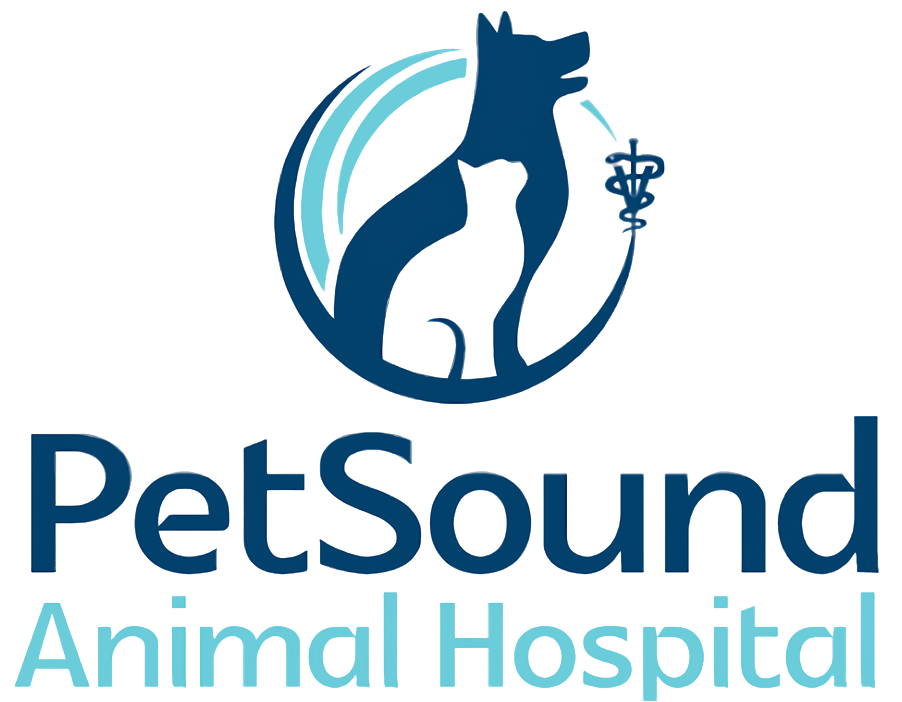Articles
-
Crate training is useful in many situations, such as providing a safe place when home alone or unsupervised. Dogs that are calm in their crates experience less distress when they need to travel, visit the veterinary hospital, or stay at a boarding facility. Starting while your dog is young makes training easier, but even adult dogs can be trained to relax in a crate. If your dog shows signs of distress (e.g., prolonged vocalization, eliminating inside the crate, trying to escape, salivation) while using the training methods provided in this handout, consult your veterinarian.
-
Lime sulfur topical is a leave-on agent used to treat fungal skin infections such as ringworm (dermatophytosis) and topical yeast infections (Malassezia dermatitis) in dogs, cats, puppies, kittens, and horses. Lime sulfur topical can also be useful in the treatment of several species of skin and fur mites and lice.
-
Lincomycin (brand names: Lincocin®, Lincomix®) is a lincosamide antibiotic used to treat bacterial infections such as skin and bone infections. Lincomycin is given by mouth or injection and is used on and off label to treat certain bacterial infections.
-
Linezolid is an antibiotic used to treat multi-drug-resistant, gram-positive bacterial infections in cats and dogs. Its use is limited to susceptible infections with documented resistance to other antimicrobials. Its use is off label in veterinary medicine. Linezolid comes in tablet and powder forms that may be compounded into liquid.
-
LinkSkin® Spray is a topical solution designed to support the skin barrier in dogs and cats by restoring the balance of microflora on the skin. It contains heat-killed lactobacilli and can help prevent skin infections caused by bacteria and yeast.
-
A lipoma is a common, usually benign (harmless) fat tumor seen in middle-aged to older animals. These tumors occur often in dogs and infrequently in cats. The malignant form of this tumor is called a liposarcoma. Liposarcomas usually do not spread, but they require more extensive surgery to control.
-
Lisinopril is an angiotensin converting enzyme (ACE) inhibitor used to treat heart failure, hypertension (high blood pressure), and certain types of kidney diseases in cats and dogs. This medication is used off-label in veterinary medicine. Lisinopril comes in tablet and liquid forms.
-
Liver fluke (Heterobilharzia americana) is a parasitic worm that affects dogs in the southern Atlantic and Gulf states and causes a disease called schistosomiasis. The fluke’s lifecycle is complex and involves a freshwater snail. Dogs can become infected by swimming or wading in water that has the larval stages of the fluke. The flukes cause granulomas (inflammatory nodules) to form in the liver, intestines, and other abdominal organs. Symptoms of gastrointestinal and liver disease may be present.
-
Primary liver tumors in dogs and cats are rare. There are 4 types: hepatocellular tumors, bile duct tumors, neuroendocrine tumors, and sarcomas. These cancers can be massive, nodular, or diffuse in form. In dogs, most liver tumors are malignant, while in cats, most are benign.
-
Dogs can have hearing loss due to increasing age or chronic ear infections, or they may be born with a defect. Deafness in dogs can present some challenges, but overall they can have healthy, normal lives. Training is still possible by making some modifications and incorporating hand signals. It is important to take their deafness into account when considering their safety and ensure that they are never off leash on or near a street.

